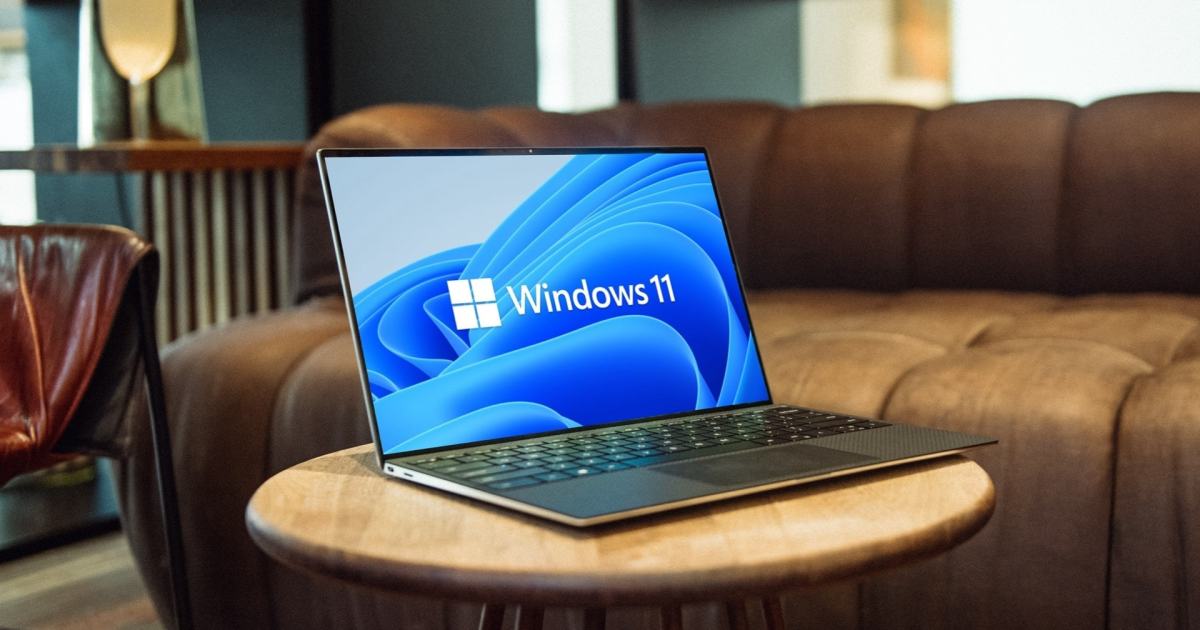Microsoft has warned users in a post on its support blog that the September KB5043145 update, released on Thursday, is causing some Windows 11 PCs to restart multiple times, show the blue screen of death, or even freeze.
The problems in the recent update affect those on the 22H2 or 23H3 version of Windows 11. However, Microsoft said it is investigating the issue and will provide more information when it’s available. Microsoft confirmed: “After installing this update, some customers have reported that their device restarts multiple times or becomes unresponsive with blue or green screens. According to the reports, some devices automatically open the Automatic Repair tool after repeated restart attempts. In some cases, BitLocker recovery can also be triggered.”
Although crashes are frustrating, the bug here can cause what’s known as a “boot loop.” This is an issue that Windows versions have had for decades, where the PC will boot and restart endlessly with no way for users to interact, forcing a hard shutdown by holding the power button. Boot loops can be incredibly hard to diagnose and even more complicated to fix, so the fact that we know the latest Windows 11 update can trigger the problem already solves half the battle.
The Automatic Repair tool is a built-in feature on your PC that automatically detects and fixes any issues that prevent your computer from booting correctly. However, recent Windows updates, including the September update, have introduced problems such as freezing the task manager and others in the Edge browser. If you’re experiencing these issues, our handy PC troubleshooting guide can help.
Microsoft also experienced the same issues back in August when users installed the August 2024 security updates. Users reported problems such as performance issues, freezes, and boot problems. The software giant did not give a time frame for users to receive a fix for the September update, but you can manually check for any pending updates that might have the fix by going to your Settings app in Windows. You can press the Windows+I keys and select the Windows Update option at the bottom left. Choose the Check for Updates button and install any pending updates.
Read the full article here














